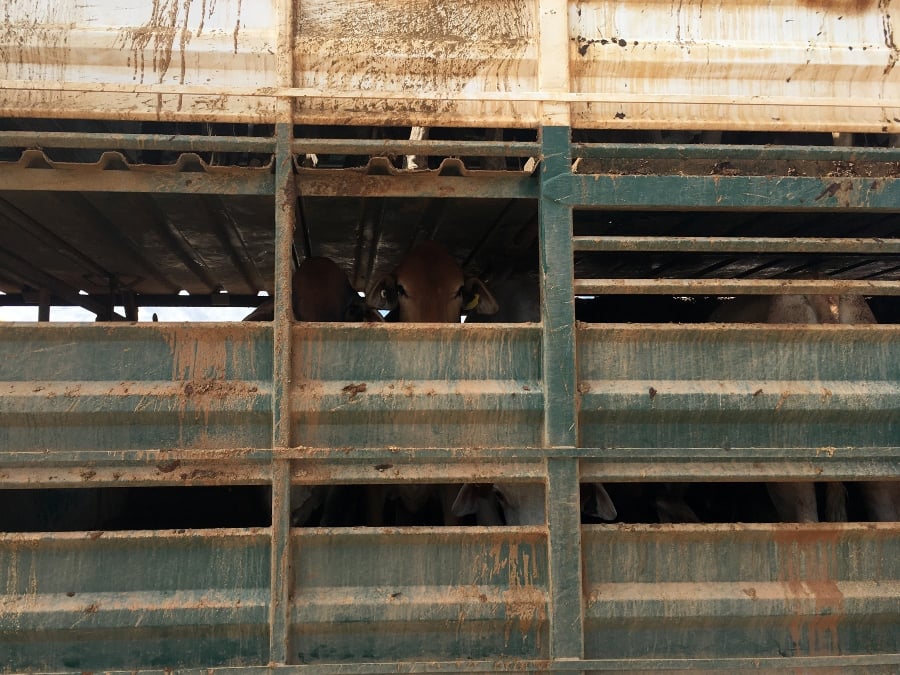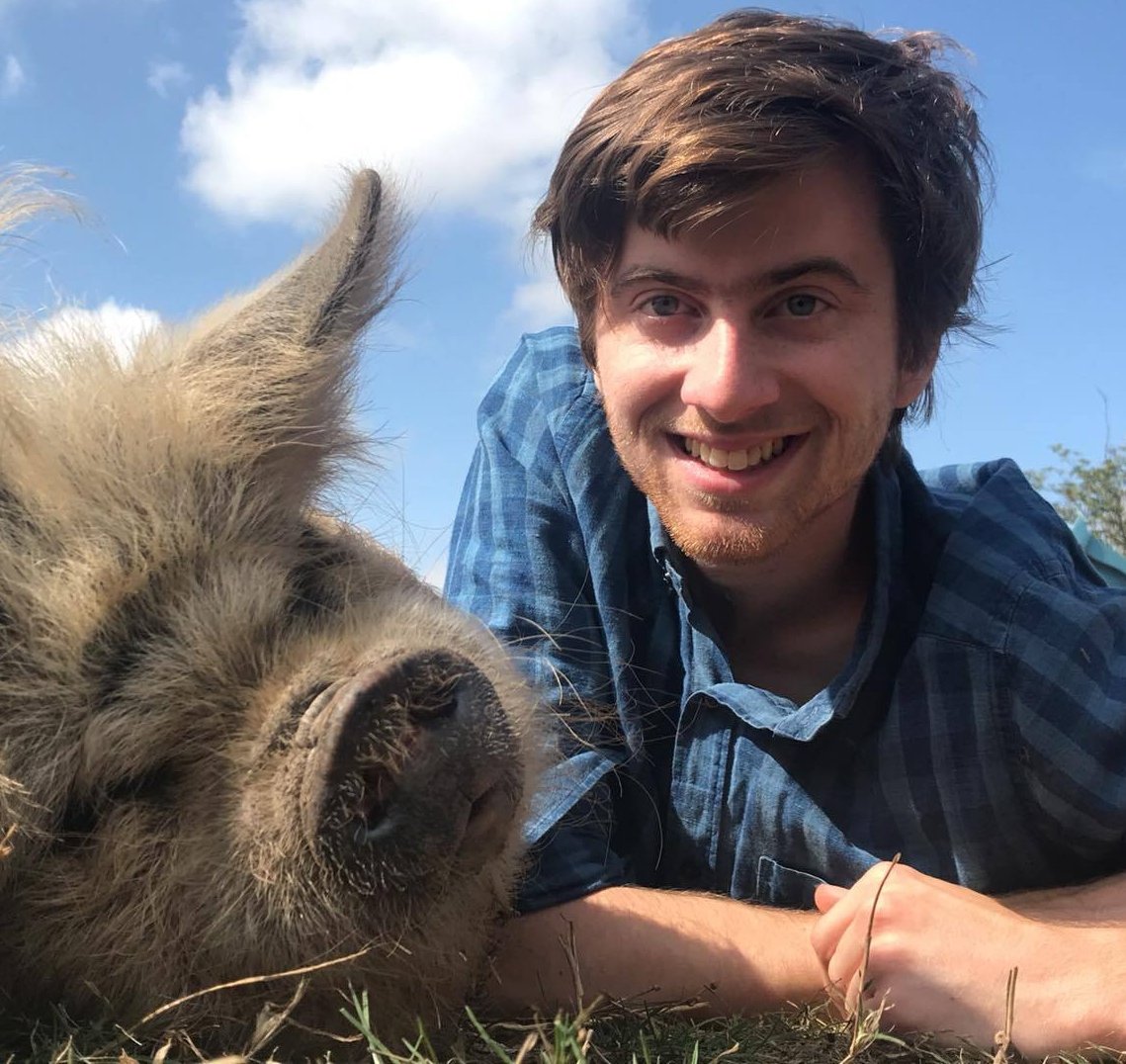A live export ship docked in Cape Town harbour has caused a “debilitating stench” in the South African city.
The vessel – known as Al Kuwait – has 19,000 live cows onboard. This week, it docked in Cape Town harbour on its journey from Brazil to Iraq.
Live animal exports are widely seen as a cruel way to transport animals to slaughter. This year already a live export ship transporting 16,000 animals from Australia to Israel made headlines after remaining at sea for one month.
According to ProVeg South Africa, the stench in Cape Town on Monday was so severe that some companies let their staff go home for the day. The food awareness organization, called the live export ship “a foul, olfactory reminder of the realities of animal farming.”
Live export ship stinks out Cape Town
The ship had been at sea for eight days before docking in Cape Town.
The National Council of the Society for the Prevention of Cruelty to Animals (NSPCA) investigated the conditions of the vessel and reportedly found a number of dead cows.
Those still living were tightly confined in filthy conditions, as is common for live animal exports. The animals were standing in feces. According to the NSPCA, the stench on board was “unimaginable.”
Although live animal exports have been banned in some countries, millions of animals still endure such journeys each year. The effects of live export include dehydration, stress, hunger, and overcrowding. It is common for animals die before they reach their destination.

A wake-up call about meat
For ProVeg South Africa, the episode is a reminder of “how far removed the average person is from the squalid meat-grinder of farm to table.”
Officials had initially suspected that sewage facilities leaks might be responsible for the stench. Soon, however, it became apparent that the smell was coming from the docked live export ship.
“The meat industry stinks top to bottom,” the organization said in a statement. “South Africans should view this as reminder of all the issues and maladies inherent in the farmed animal industry.”
More South Africans are waking up to the environmental and ethical impacts of meat production. Earlier this month, a report from ProVeg South Africa revealed that the country’s fast-food industry is becoming more plant-based.
“When it comes to the animal industry we need to wake up and smell the manure,” ProVeg South Africa added. “And this week in Cape Town many people have done just that.”
Animal agriculture stinks
Around the world, animal agriculture industries have devastating impacts on animals, people, and planet.
In North Carolina, giant open-air cesspools filled with millions of tons of pig feces and urine are responsible for serious health issues among residents. Farmers spray fields with pig manure mere meters from residents’ houses.
Elsewhere, smells and noises from mega-farms damage local residents’ quality of life.
The environmental impacts of animal farming are also well known. As the world approaches more “tipping points,” the urgency to act on an industry responsible for at least 16.5 percent of greenhouse gas emissions becomes ever greater.






